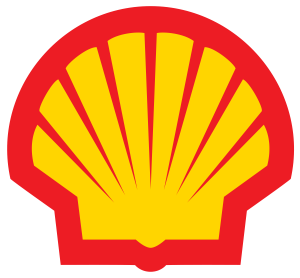 London — Shell on Thursday reported third-quarter earnings of $6.2 billion, in line with expectations, on higher refining margins and strong liquefied natural gas (LNG) trading.
London — Shell on Thursday reported third-quarter earnings of $6.2 billion, in line with expectations, on higher refining margins and strong liquefied natural gas (LNG) trading.
The company announced share buybacks of $3.5 billion over the next three months, up from $2.7 billion in the previous three months.
Shell’s results wrap up third-quarter earnings for the West’s top energy companies which, although seeing sharp drops in profits from last year as oil and gas prices eased, still allowed boards to return billions to investors while Exxon and Chevron announced deals to acquire smaller oil and gas companies for a combined $113 billion.
Shell CEO Wael Sawan told analysts on a call that Shell prefers to buy back shares rather than “going for big acquisitions.”
Shell shares were up by over 4% at 1615 GMT.
Contrasting with rival BP, whose gas trading results weighed on quarterly profits, Shell said its earnings were supported by “favourable” LNG trading results, which were higher than in the second quarter.
Its earnings were however again hit by lower output at its flagship LNG division, which has been plagued by operational problems in recent years, particularly at its 3.6-million metric ton per year Prelude floating LNG production facility off the coast of Australia.
Shell expects Prelude to ramp back up in December after starting maintenance work in August, a company spokesperson said on Thursday.
“We continue to simplify our portfolio while delivering more value with less emissions,” Sawan said in a statement.
LOWER CAPEX
Shell reported adjusted earnings of $6.22 billion, broadly in line with a company-provided analysts’ forecast of $6.25 billion.
That compared with quarterly earning of $9.45 billion a year earlier and $5 billion in the second quarter of 2023.
The group tightened the upper range of its 2023 capital spending target to $23 billion to $25 billion from $23 billion to $26 billion previously.
“Results look broadly in line, but the higher buyback and a lower capex range (is) likely to be taken as a small positive,” Redburn analyst Stuart Joyner said.
Sawan, who took the helm in January, vowed to revamp Shell’s strategy to focus on higher-margin projects, steady oil output and grow natural gas production.
As part of the strategy, Shell announced plans to cut at least 15% of the workforce at its low-carbon solutions division and scale back its hydrogen business.
Shell said that most of its Renewables and Energy Solutions activities were loss-making in the third quarter.
Reporting by Ron Bousso and Shadia Nasralla; Editing by Jason Neely and Jan Harvey – Reuters



